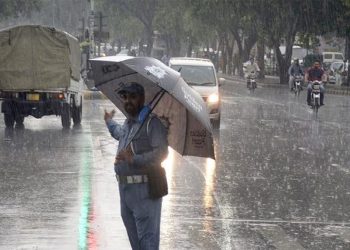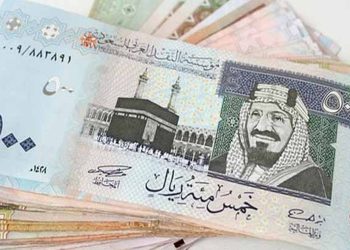With the connivance of Federal Board of Revenue (FBR) and Pakistan Revenue Automation Limited (PRAL) officials, a gang of cybercriminals allegedly caused a huge loss to the national treasury using dormant accounts of retired personnel from the armed forces.
According to a report by Pro Pakistani, the gang made fake supplies worth Rs. 1.625 trillion, causing a sales tax loss of Rs. 292.549 billion and an additional tax loss of Rs. 235.340 billion, while Almas Jovindah, Advisor Legal and Media Wing told the media about all the robbery to the national treasury.
According to Amas Jovindah, the huge loss of government revenue, was conducted by a gang of cybercriminals facilitated by present or past employees of PRAL and FBR who had direct or indirect access to the entire computerized system. The gang operated in networks, spotting and extracting sales tax registered dormant persons.
With the active support of insiders, the cybercriminals used the sales tax account of Mrs. Firdous Anwar of Karachi, a 79-year-old living abroad with her children, who had been filing “Null” sales tax returns for more than four years without any business transactions.
According to the report, They filed Annexure “C” declaring supplies of re-melting scrap ingots of iron or steel worth Rs. 1.625 trillion, with the impact of sales tax of Rs. 292.549 billion and further tax of Rs. 235.340 billion. It was subsequently transferred by the gang to the supply chain, with the major portion, i.e., Rs. 81.434 billion, supplied to a dormant account of retired armed forces personnel.
Afterwards, the supply chain ended with seven ultimate beneficiaries, taxpayers from Lahore and Faisalabad, who were manufacturers of iron and steel. After conducting the tax fraud, these cybercriminals changed the password and email address so that the original taxpayer could not access their sales tax accounts.
The FTO Advisor Legal & Media Wing said these were paper transactions without the physical movement of any goods and without any banking transaction in terms of section 73 of the Act, resulting in a huge loss of government revenue. All the beneficiaries knowingly and deliberately purchased fake invoices, without any actual physical movement/transaction of goods and without payment.
The present loose and liberal enforcement regime has emboldened these unscrupulous registered persons to indulge, without the fear of being caught, in the lucrative business of using fake/flying invoices. The edifice of sales tax law is erected on the principle of self-assessment, where complete trust is reposed in the taxpayers for submitting true and faithful declarations.

































